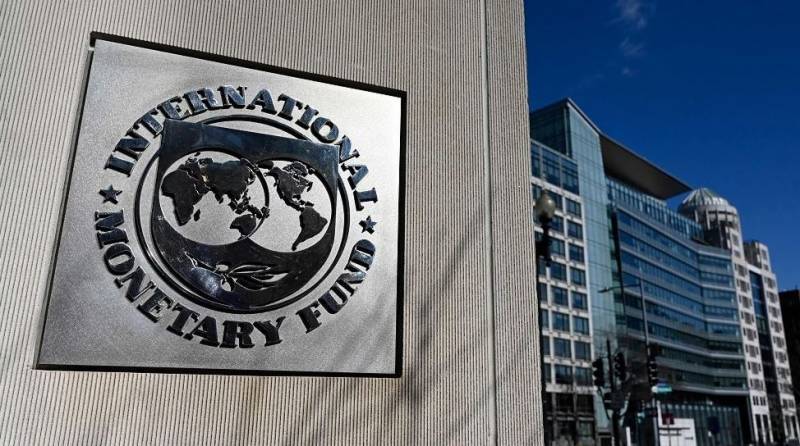Islamabad: The Executive Board of the International Monetary Fund will meet on January 11 to approve the Staff-Level Agreement (SLA) with Pakistan for the first review of the $3 billion Stand-By Arrangement (SBA), the Bloomberg reported.
In June, the IMF executive board had approved the much-needed nine-month arrangement with Pakistan “to support its economic stabilisation programme”. The approval had allowed for an immediate disbursement of $1.2bn, with the rest to be phased over the programme’s duration — subject to two quarterly reviews.
Last month, Pakistan reached a staff-level agreement with the IMF under the $3 billion SBA which enables Pakistan to have access to SDR 528 million (around $700m). This will bring total disbursements under the nine-month $3bn SBA to almost $1.9bn.
Initially, the IMF board was tentatively scheduled to meet on Dec 7 to approve the first tranche.
According to the IMF’s schedule, updated on Monday, there were about 12 countries whose cases, both Article-IV consultations and programme reviews, are on the executive board agenda until December 14.
The countries are Armenia, Bangladesh, Belgium, Benin, Cabo Verde, Congo, Côte d’Ivoire, Moldova, Rwanda, Senegal, Somalia, and Sri Lanka.
These meetings encompass various aspects, including Article IV consultations on economic developments and policies of member states. The board also reviews IMF assistance packages, such as the extended fund facility (EFF) it signed with Pakistan.
Normally, the IMF board of executive directors takes about a fortnight after the staff-level agreement for approval, unless there are some outstanding prior actions. But in Pakistan’s case, no prior action is outstanding for the first quarterly review.
Concluding talks on the first review last month, the IMF mission had called upon the authorities to return to the market-determined exchange rate and had highlighted risks that may arise because of geopolitical tensions, rise in commodity prices and difficult global financial conditions and advised the authorities to continue efforts to build resilience.
It had also pointed out that timely disbursement of committed external support remains critical to support the authorities’ policy and reform efforts as the government was accelerating engagement with multilateral and official bilateral partners.


